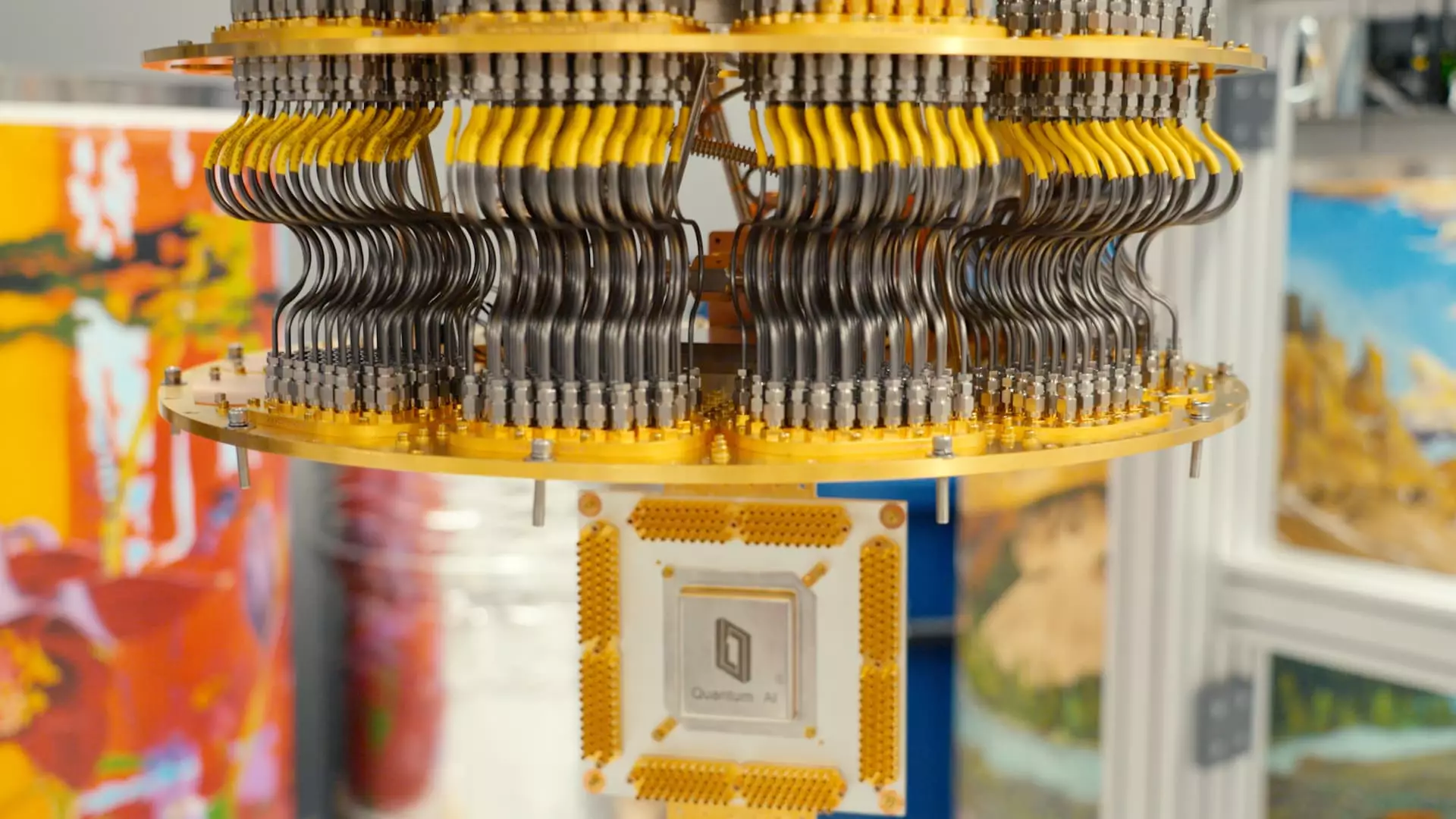In a secluded corner of Santa Barbara, California, a revolutionary venture is underway at Alphabet. Amidst an aura of secrecy, scientists strive to push the boundaries of technology by developing what could become the world’s most advanced quantum computers. This initiative reflects a pivotal shift as industries scramble to harness the synergistic power of artificial intelligence (AI) and quantum mechanics. Julian Kelly, the director of hardware at Google Quantum AI, posits that the fusion of these two domains holds tremendous promise. However, the journey to integrating quantum computing into real-world applications is fraught with challenges.
Playing Catch-Up in the AI Race
As the trailblazer of generative AI, OpenAI captured public imagination with its ChatGPT launch in late 2022, leaving competitors like Google scrambling to catch up. This perceived tardiness has ignited a renewed urgency within Google’s ranks, prompting a frantic race to establish a foothold in the nascent AI landscape. Last year, the unveiling of the revolutionary quantum computing chip, Willow, signaled Google’s intent to not merely participate but lead in this transformative realm. The capabilities of Willow, which promises unprecedented speed and accuracy in solving complex benchmark problems, open new avenues for technological breakthroughs that were once thought to be science fiction.
A New Era of Problem-Solving
What sets Willow apart is its exceptional ability to minimize errors through the addition of quantum bits—an achievement that John Preskill, an authority in quantum physics, lauds as a monumental milestone. This technological advancement positions Google to emerge as a frontrunner in the quantum computing landscape. The implications extend far beyond mere competition; they shape the very fabric of data-driven fields ranging from pharmaceuticals to climate modeling. As AI faces an impending data crisis—a scarcity of high-quality training data—quantum computing emerges as a potential lifeline.
Generating Novel Data: The Quantum Advantage
In the face of such challenges, Kelly argues that one of the most transformative potential applications of quantum computers is their ability to generate new, high-quality data that could be indispensable for training AI systems. He cites AlphaFold, a groundbreaking AI tool developed by Google DeepMind, as a perfect example of this synergy in action. Winning the 2024 Nobel Prize in Chemistry, AlphaFold illustrates how incorporating quantum mechanics into AI research can yield groundbreaking discoveries in protein structure analysis. By using quantum computing to create new training datasets, AI could receive additional insights into complex quantum phenomena, leading to richer and more nuanced models.
The Road Ahead: Quantum Realities
As Kelly anticipates a breakthrough practical application for quantum computing within the next five years, the excitement around this technology grows. Each advancement paves the way for new possibilities, not just for Google’s ambitions but for the future of technology as a whole. The fusion of AI and quantum computing may redefine problem-solving across various sectors, catalyzing innovations we have yet to imagine. In a world increasingly constrained by data limitations, quantum capabilities promise to usher in an age of unimaginable potential, making it an exhilarating time to observe the developments unfolding within these once-hidden labs.

